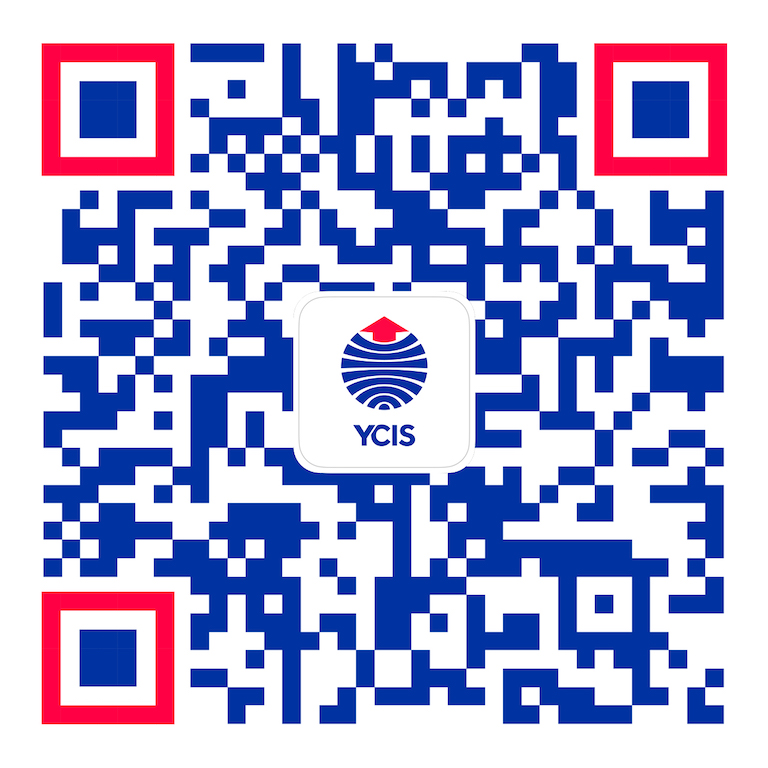Go Back
News
School News
Year 12 IB Student Wins Second Harvard University Award
School News
25 May, 2016
18 : 00
Congratulations Alice. Last month your Uniformity team won an award at Harvard’s China Thinks Big challenge. Now you’ve won yet another award from this prestigious university, the Harvard Book Prize. Please can you tell me more about your winning essays?
The Harvard Book Prize Scholarship committee requires each candidate to submit three essays, and the topics vary based on the theme of each year’s competition. For this year, the theme was “creativity”.
I spent an entire weekend writing these essays, because it was my first time trying to “sell myself”. In my first long essay, I talked about my personal experiences of setting up the Student Charity Club and the Uniformity Project. In the second essay, I chose the “Quantitative Methods in Economics and Business” and “Sustainable Product Design and the Innovation Ecosystem” courses at Harvard Summer school, because they fit perfectly with my dream career: social entrepreneurship. In the third essay, I talked about the book ‘The Blind Owl’, which we studied in our English class. The book portrays the disordered inner side of a man who is edged out of the society.
After the essays were evaluated, the top 10 candidates were selected for interviews. The interview was very scary; six Harvard graduates bombarding you with all sorts of questions for 20 minutes. After the interview, the top six candidates were then asked to submit academic transcripts and English Proficiency Test (TOEFL) results. Finally, the top four were announced as winners of the scholarship…luckily I was included so I was very happy!
What inspired you to enter the Harvard Book Prize competition?
Actually I didn’t choose to enter this competition. I was nominated by YCIS along with two other Year 12 students to the committee for the Book Prize only. Then the nominated students had the choice of whether to compete for the scholarship or not. I decided to participate in the scholarship competition too because I really didn’t want to waste the opportunity they’d given me. Also, I felt that this year’s theme of creativity really suited my interests. When one mentions the idea of creativity, many people will instantly picture an artist creating or a musician composing a masterpiece. However I am not really creative in this sense. I like to think I am creative when trying to come up with ways to make a positive impact in our society, for example by identifying problems in daily life and offering innovative solutions. I’ve been able to practice this kind of creativity throughout my time at Yew Chung International School by participating in many different community projects like Music House, Uniformity and the Student Charity Club.
Your prize means that you will take part in the Harvard Summer programme, how long will you are away for and what will you learn?
The Harvard Summer programme has the most diverse summer courses I have ever seen, hundreds are available. Students usually choose two courses and spend seven weeks at Harvard for this programme. I will be studying the “Quantitative Methods in Economics and Business” and “Sustainable Product Design and the Innovation Ecosystem” courses at Harvard Summer School next year.
Are you applying to Harvard for your degree? If so what are you planning to study?
Currently, I am planning to apply to universities in Hong Kong, the UK, the USA and Singapore, as I do not have a clear preference of where to go just yet. Since I am applying to the US, I think it doesn’t hurt to apply to Harvard as well (though it is tough to get an offer). Harvard offers brilliant undergraduate programs in Environmental Engineering and Economics, which are my intended majors.
Do you have any tips for other students who might want to enter the competition too?
If you are nominated by the school to win the Book Prize, do not waste this opportunity. It does not hurt to try to apply for the scholarship (there was not even any registration fee). For the essay, I realised that the committee really just wants to know about you as a person. They want to hear real, true stories from your own experiences, instead of any fancy literature piece discussing ‘creativity’ in general. English proficiency does not matter too much for the essays so long as you can clearly express your ideas. Before attending the interviews, you can prepare answers for some basic questions like “what is your dream job?” “what do you want to major in?” and “who is your role model?”. Be confident, and present who you truly are to them. Do not panic.












